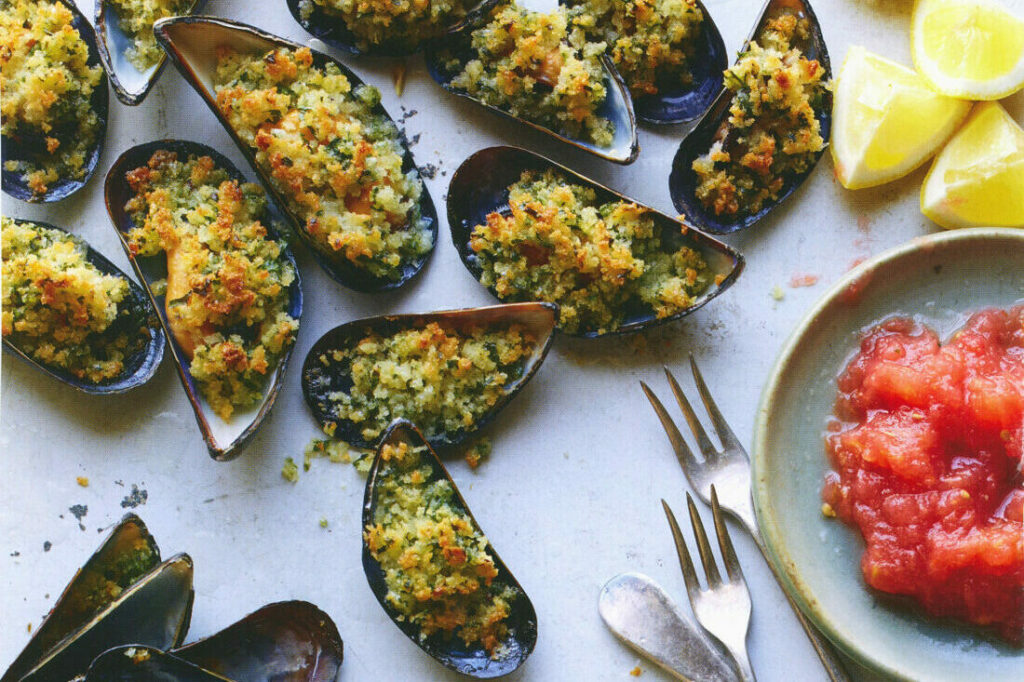Access to all articles, new health classes, discounts in our store, and more!
Recipes for Health – Mental Health Edition
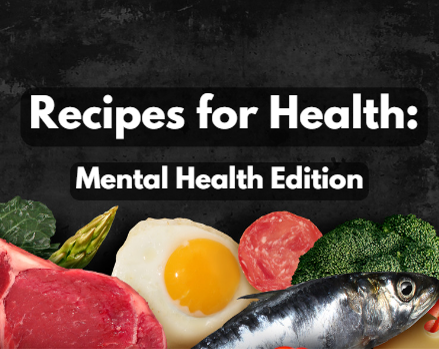
It’s Mental Health Awareness Month, and, as we believe that the first step in supporting well-being begins in the kitchen, we are delighted to share some of our favorite recipes, packed with brain-boosting nutrients!
As we shared in our last Recipes for Health email, we’ve been presenting at various conferences and events this year, where we’ve often encountered the question: Can diet and other factors to improve metabolic health help people suffering from mental illness?
At Low Carb Denver this year, our friend, Dr. Christopher Palmer, addressed how in his practice and research, common mental health conditions, such as depression, do respond exceptionally well to a ketogenic diet and improved metabolic health.
Read more about Dr. Palmer’s work in his interview with our Executive Director, Steven Schindler, in “Exploring the Link Between Metabolic and Mental Health” from our fall 2022 Journal of Health and Healing.
The Importance of B Complex Vitamins for Mental Health:
Crucial nutrients that support optimal mental health include B complex vitamins. Found in many traditionally-prepared foods, such as Dr. Bill Schindler’s ‘Pozole’ recipe below, B complex vitamins are responsible for aiding multiple processes for a healthy body and mind. Read more about B complex vitamins by clicking on our Thrive in 65 nutrition blog post below.
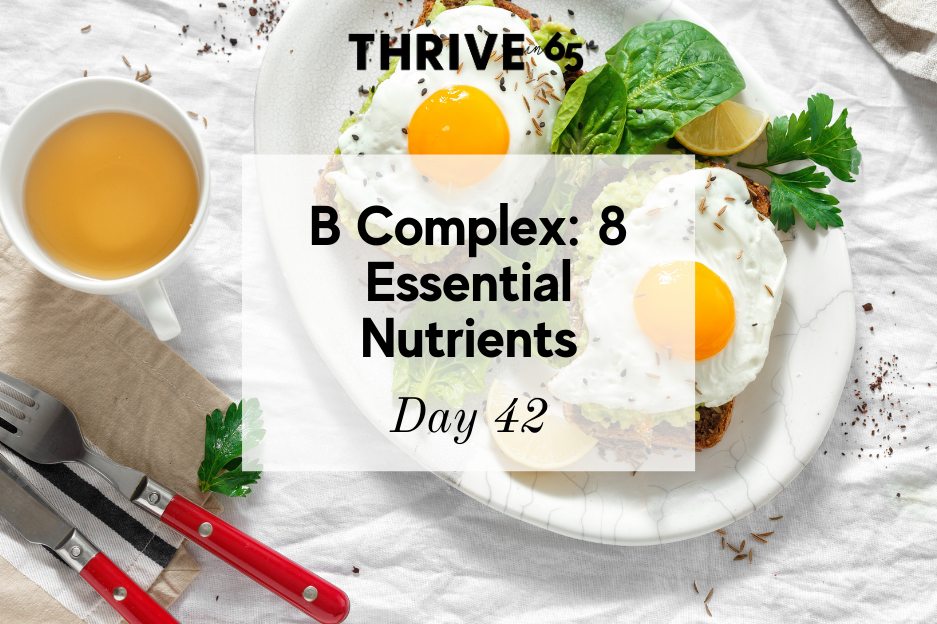
Kebab, kabob, kabab…any way you “skewer it,” the globally-recognized meat-on-a-stick isn’t a novel gastronomical creation: Humans have been preparing meaty morsels (and more) on skewers since the Lower Paleolithic, as recent evidence shows from a burnt stick tip found at a 300,000-year-old site in Schöningen, Germany.
In Middle Eastern cuisine, although beef consumption has grown in popularity, lamb continues to be the most common animal protein for kabobs. An excellent choice to meet protein needs for any group, lamb provides a generous dose of the essential amino acids needed for a healthy pregnancy; examples include threonine, which plays a principle role in building structural proteins (like collagen), and isoleucine, which is involved in muscle metabolism and hemoglobin production.
Total cook time: 15-20 minutes
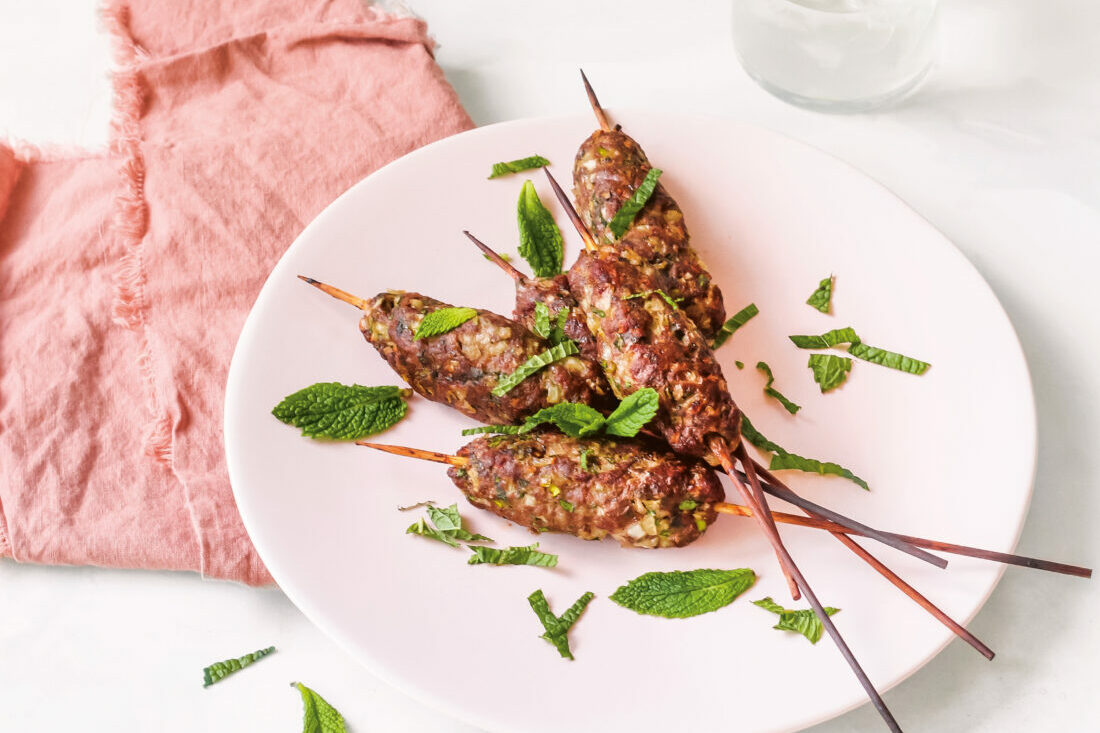
Prior to the construction of hydroelectric dams along the Columbia River, salmon, the prime protein of choice for many local tribes, flourished in schools along the Pacific Northwest coast. However, post-dam construction, salmon runs were at 1-3% of the levels of those observed during Lewis and Clark’s original trek through the region. Truly an ancient food, human interaction with salmon can be traced back thousands of years.
For modern-day ancestors of the Indigenous cultures along this beautiful and biodiverse coastline, such as the Yurok, the limited salmon stock remains an important dietary staple, with the mothers and women of local tribes leading the fight to restore this nourishing food to its abundance once more.
Cook time: 15-20 minutes
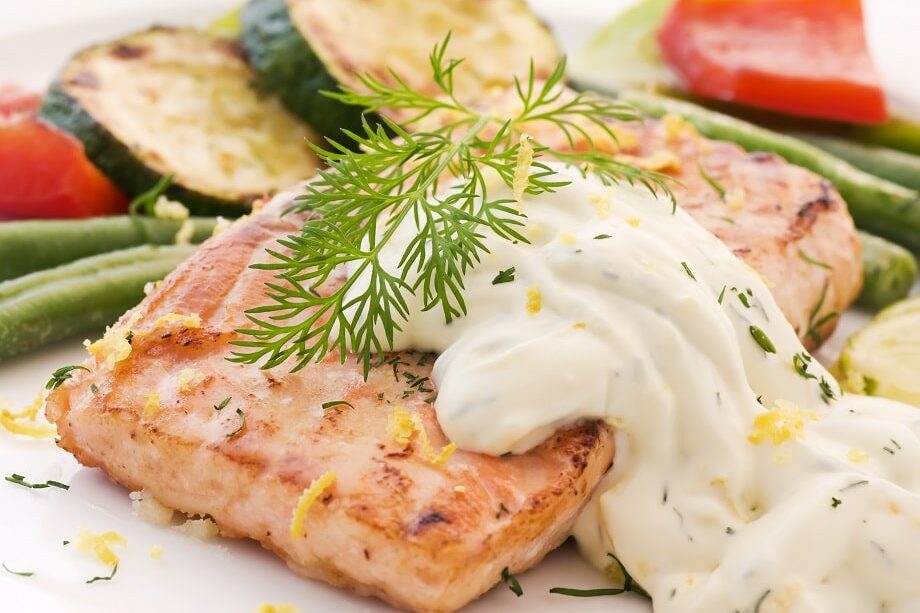
Centuries before moules frites became a universal obsession, stuffed mussels, then known as midye dolma, were a beloved delicacy of the ruling class during the height of the Ottoman Empire. Despite outside influences, Turkish cuisine’s roots lie with regional Indigenous cultures, such as the Armenians, who are thought to have consumed stuffed mussels drizzled with kuyruk yag, or sheep’s tail fat.
Many Indigenous peoples considered nutrient-dense foods, like mussels, to be critical during childbearing years and beyond. As recent studies have shown us, there is great wisdom in this: Fresh, wild-caught mussels provide a rich source of selenium, which is essential for fighting oxidative stress, a known contributor to low egg and sperm quality.
Prior to the construction of hydroelectric dams along the Columbia River, salmon, the prime protein of choice for many local tribes, flourished in schools along the Pacific Northwest coast. However, post-dam construction, salmon runs were at 1-3% of the levels of those observed during Lewis and Clark’s original trek through the region. Truly an ancient food, human interaction with salmon can be traced back thousands of years.
For modern-day ancestors of the Indigenous cultures along this beautiful and biodiverse coastline, such as the Yurok, the limited salmon stock remains an important dietary staple, with the mothers and women of local tribes leading the fight to restore this nourishing food to its abundance once more.
Cook time: 15-20 minutes
Click here for the recipe and video.
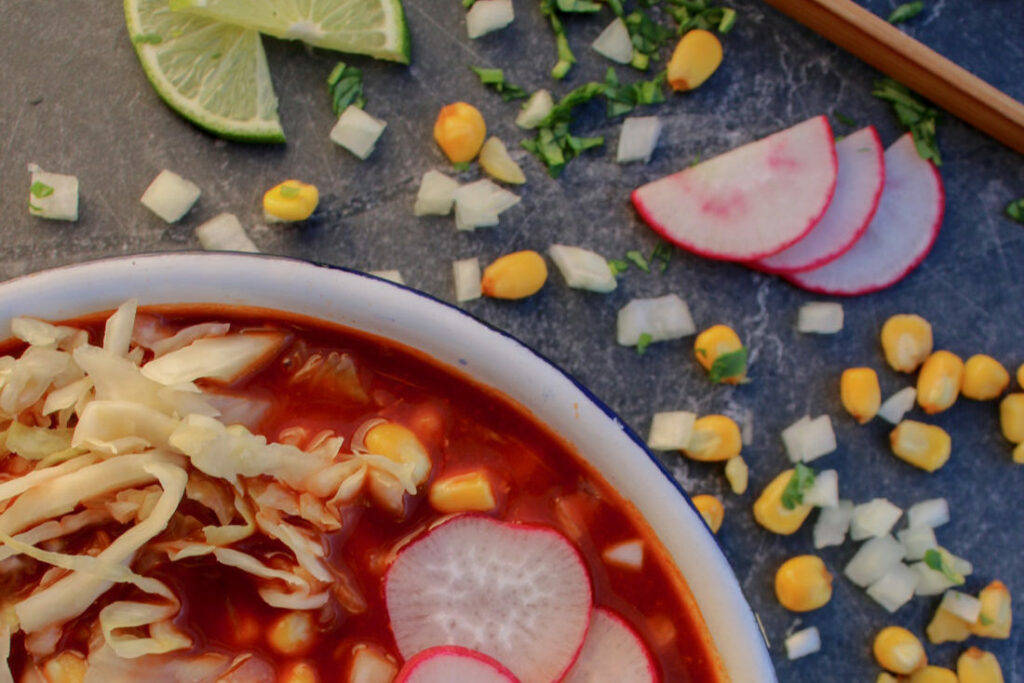
In case you missed the last Recipe Feature, you can find it here: Recipes for Health – Mother’s Day Edition
Follow us on our social media channels (Facebook, Instagram, YouTube, and LinkedIn) to see the latest recipes as we post them throughout the week.
Do you have a favorite Price-Pottenger or other ancestral recipe? Write back and let us know about your experiences with these and other healthful recipes! To your best health,
The Price-Pottenger Team

